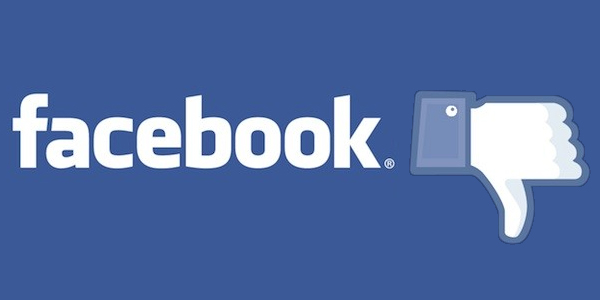A new study has found that negative comments outweigh positive ones on Facebook pages by 2 to 1. This should come as no surprise. Facebook is a “hateful” platform. Of course people are allowed to be “hateful” and “negative” on Facebook, just not anywhere else. And only certain types of negativity are allowed. Facebook’s algorithms optimize for this type of engagement. More engagement means more time on the platform. More time on the platform means more data collected to sell to advertisers.
There are more than 60 million business pages on Facebook and that number is from 2017. With those pages come scores of positive and negative posts generated by Facebook users. What researchers have seen is companies have very little control over what customers post, and negative posts can severely damage brands.
New research in the INFORMS journal Information Systems Research analyzes this user-generated content to understand the impact of what users post and how it impacts the brand. Engagements depend not only on the type of post, but also in the specific ways the post is positive or negative.
The study, conducted by Mochen Yang, Yuqing Ren, and Gediminas Adomavicius, all from the University of Minnesota, looks at data from 12,000 posts from 41 Fortune 500 companies in 6 industries in 2012.
The researchers found users on Facebook post substantially more negative than positive posts on business pages. The ratio is nearly 2 to 1.
“We also found positive and negative posts get more likes than neutral ones, but negative posts get the most comments,” said Yang, a professor in the Carlson School of Management at the University of Minnesota. “Complaints about social issues receive more likes, but fewer comments, than complaints about quality or money issues.”
Many companies went into the new territory of social media marketing with little understanding of user behaviors in this context. Whereas, online reviews provide structured feedback in the form of ratings and descriptions of products to inform other consumers’ purchase decisions, this study illustrates the open-ended expressions in user-generated content. These people have a wider variety of goals that are not necessarily purchase-oriented.
“Though increased engagement has been linked to increases in brand loyalty, purchase expenditures, and profitability, companies should carefully consider whether Facebook business pages are an appropriate venue to interact with customers,” said Yang. “And have a strategy in place to respond to negative posts because they tend to attract more attention than positive or neutral ones.”
Source






